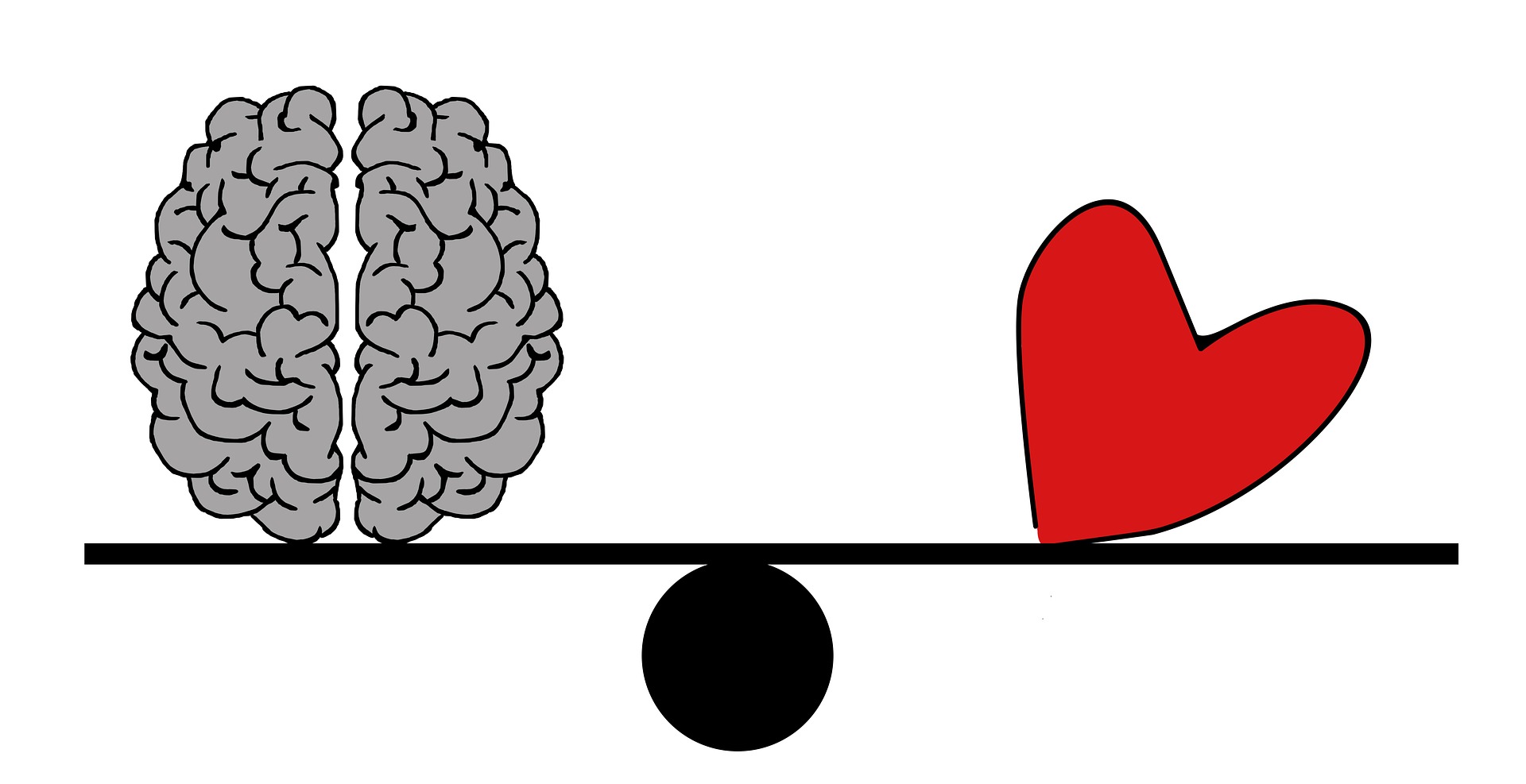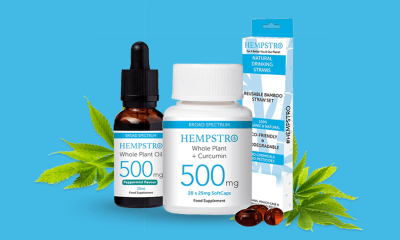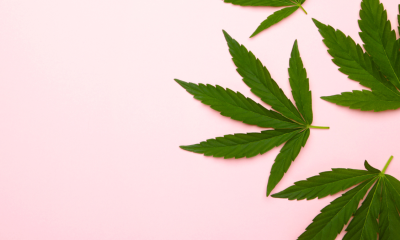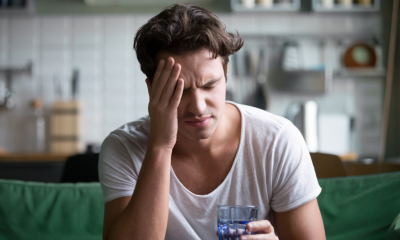LIFESTYLE
There’s another epidemic in town: Stress.
April is Stress Awareness Month. What does the science say about CBD for stress?
April marks National Stress Awareness Month.
Stress Awareness Month was created in 1992 to build awareness around the causes and solutions to the stresses of modern day life.
Since 1992, there have been plenty of hard times, from tragedies to economies crashing. But has there ever been a more anxiety-ridden time than what we are experiencing now?
According to the Mental Health Foundation, 74% of British adults have felt so stressed at some point over the last year they felt overwhelmed or unable to cope.
That statistic pre-dates COVID-19.
All of a sudden the world’s population is facing a new-found cause for anxiety — isolation, with every household in the UK forcibly removed from the community and loved ones. Albeit for the greater good.
Many have lost jobs, others have lost loved ones as we battle through this crisis as best we can, following government advice.
The Mental Health Foundation has published new guidance on how to maintain positive mental fitness, a challenge even the most mentally strong individuals will no doubt be struggling with.
Here are a few points to consider this Stress Awareness Month, to help you and your household cope mentally during lockdown:
1. Rumour doesn’t have it
Don’t believe everything you read on social media.
“Rumour and speculation can fuel anxiety. Having access to good quality information about the virus can help you feel more in control.”
— The Mental Health Foundation
The Mental Health Foundation says we should be avoiding poor sources of information on COVID-19 as speculation is rife on social media platforms (hello, Fake News, is that you?).
Whether you delete an app that has been causing you stress, or you go cold turkey and digital detox for a day or two, there’s more than one way to cut negativity from your stay at home routine.
2. Put yourself first
Now, more than ever, it’s OK to be a little selfish and put your own wellbeing first. Taking some time out just for you to be alone with your thoughts can lift your mood and help you to de-stress.
The Stress Management Society, the promoter of Stress Awareness Month, advises self-care is essential during these times.
“The most crucial thing you can do when you are stressed or anxious is to make sure you are continuing to look after yourself. Make time to relax when you need to and learn to say no to requests that are too much for you.”
3. Cut down on alcohol consumption
Britons are buying 20% more alcohol while in lockdown, compared to pre-COVID-19, according to market research firm Kantar.
While we are all for a glass of red in moderation, alcohol is not the answer to feeling better, especially if you are already feeling down.
Alcohol is a depressant. The brain relies on a balance of processes and chemical responses in order to function healthily. Alcohol can cause an imbalance in the brain, affecting how we may be feeling.
While one drink might help us blow off some steam or make us feel more relaxed, this is a temporary fix, which could potentially lead to longterm problems.
“The brain relies on a delicate balance of chemicals and processes. Alcohol is a depressant, which means it can disrupt that balance, affecting our thoughts, feelings and actions – and sometimes our long-term mental health.”
— Drink Aware
If an evening sip is just another lockdown habit you’ve formed in the last few weeks, swap it out for a new habit, like taking some CBD in the evenings.
What does the science say about CBD for stress?
Studies show that CBD may have anti-depressant properties, and with few or no side effects, it could be just one way to improve your day.
In 2015, an analysis of previous studies on CBD and mental wellbeing found that this cannabinoid could have potential in treating some forms of anxiety-based disorders. However the report cautioned that the long-term effects were still unknown.
Researchers reviewed several studies where CBD was explored in neurotherapy. The conclusion shows that while further extensive research is essential, CBD does show promise in treating stress and anxiety.
“Preclinical evidence conclusively demonstrates CBD’s efficacy in reducing anxiety behaviors relevant to multiple disorders, including PTSD, GAD, PD, OCD, and SAD, with a notable lack of anxiogenic effects.”
“Human experimental findings support preclinical findings, and also suggest a lack of anxiogenic effects, minimal sedative effects, and an excellent safety profile. Current preclinical and human findings mostly involve acute CBD dosing in healthy subjects, so further studies are required to establish whether chronic dosing of CBD has similar effects in relevant clinical populations. Overall, this review emphasizes the potential value and need for further study of CBD in the treatment of anxiety disorders.”
— Cannabidiol as a Potential Treatment for Anxiety Disorders. Neurotherapeutics 12, 825–836 (2015)
In January 2019, The Permanente Journal published the results of a study of 72 patients who were suffering from poor sleep and high anxiety.
Of the group, anxiety scores decreased and patients experienced a better quality sleep within the first month of being given a controlled dose of CBD.
“Anxiety scores decreased within the first month in 57 patients (79.2%) and remained decreased during the study duration. Sleep scores improved within the first month in 48 patients (66.7%) but fluctuated over time.”
— Cannabidiol in Anxiety and Sleep: A Large Case Series
Before you begin your CBD journey, make sure to contact your GP if you are pregnant, breastfeeding or taking medication.










